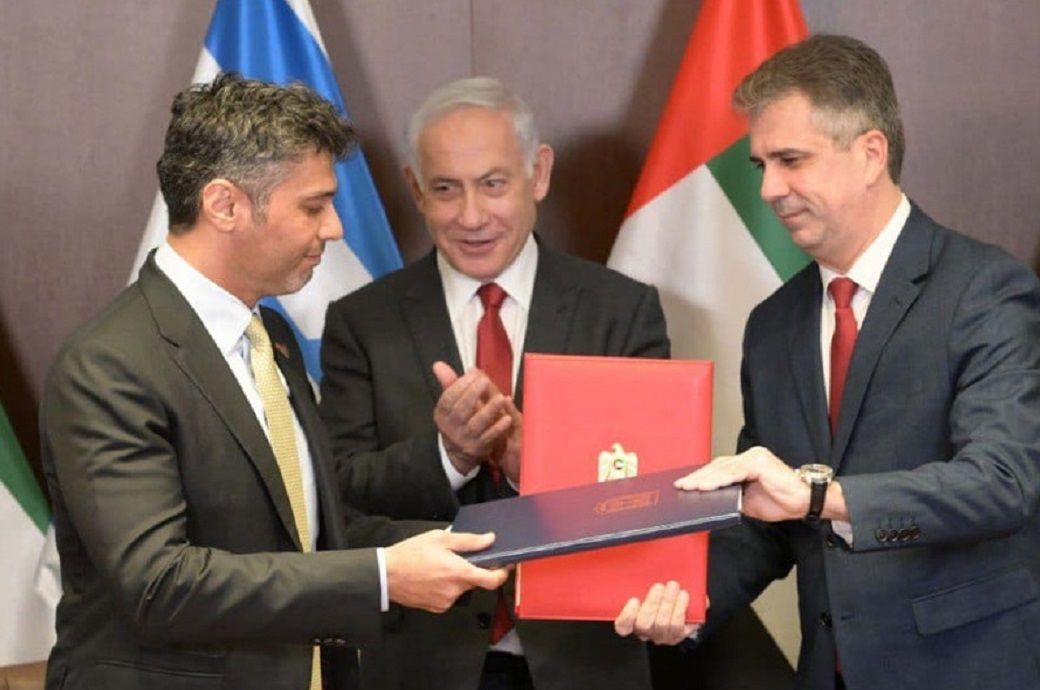
The customs agreement was signed by UAE ambassador Mohamed al-Khaja and Israel’s foreign minister Eli Cohen in the presence of Israeli Prime Minister Benjamin Netanyahu.
Issues like regulation, customs, services, government procurement, e-commerce, and the protection of intellectual property rights are covered under the agreement. It is expected to lower or cancel customs duties on approximately 96 per cent of goods and will allow Israeli companies to gain access to UAE government tenders, Israel's ministry of foreign affairs said in a media statement.
"The taking effect of the free trade agreement is important news for the Israeli economy, for the strengthening of ties with the UAE and is further testament to the importance of the Abraham Accords. We are currently striving to expand the Abraham Accords to additional countries," said minister of foreign affairs Cohen.
"This historic agreement that has been signed with the UAE continues to bear fruit for the benefit of the people of both countries. The customs agreement that was signed today will lead to the implementation of the free trade agreement between Israel and the UAE, which will reduce customs duties, lower the cost-of-living and inject energy into business between Israel and the UAE. I am certain that we will be able to expand the circle of peace between Israel and additional countries in our region," said Prime Minister Netanyahu.
The normalisation agreement between the UAE and Israel was signed in 2020 as part of the US-backed Abraham Accords. The agreement will go into effect on April 1, 2023.
The agreement will help increase the scope of bilateral trade, which will lead to additional jobs in the Israeli market and will also lower the cost-of-living in Israel, as per Israel’s ministry of foreign affairs.
Fibre2Fashion News Desk (NB)